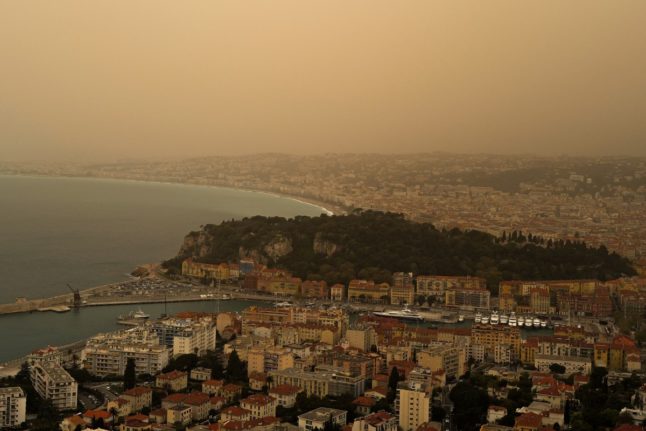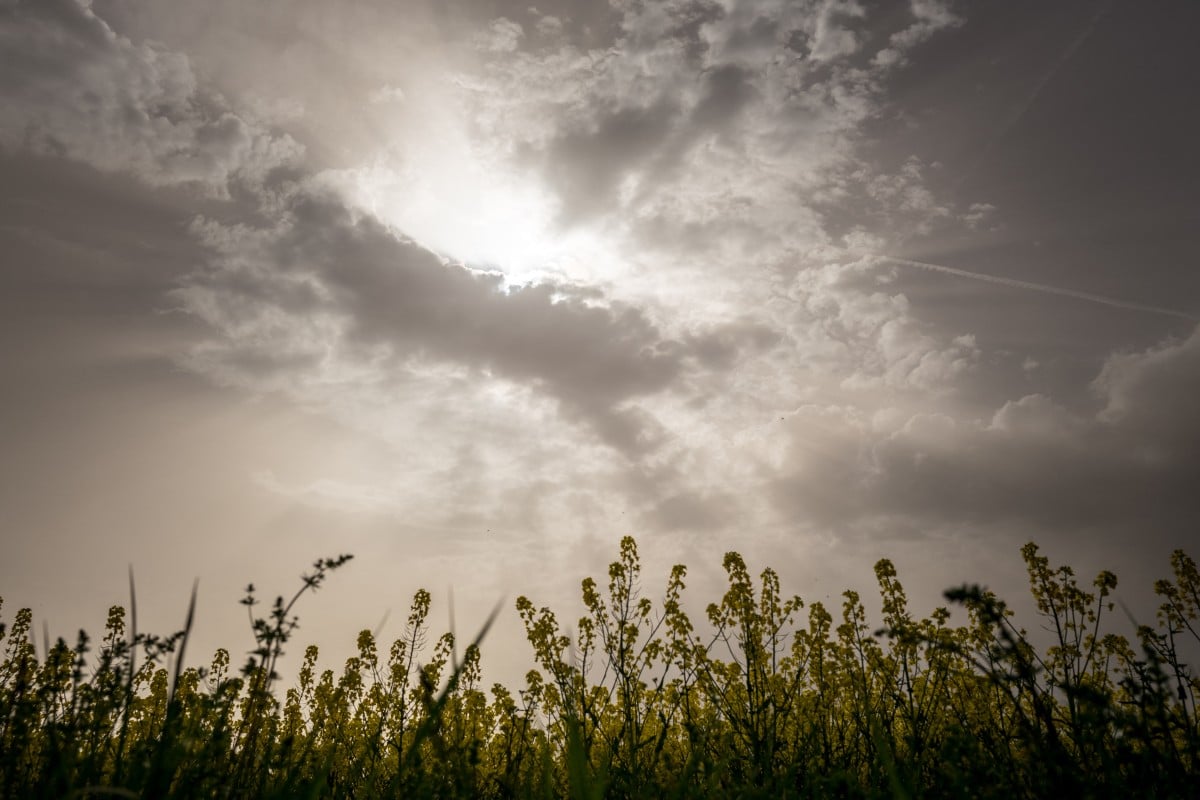A cold front is expected across the whole of the country, with wind speeds of between 80 and 120 km/h possible on Saturday in the Alpine region of the country, including Vorarlberg, northern Salzburg, the Alpine areas of Upper Austria, upper Styria and in eastern Flachland.
“Even in Innsbruck gusts could reach 100 km/h,” said meteorologist at weather company UBIMET Josef Lukas. “In the mountains we can expect hurricane winds of well over 120 km/h.”
In Tyrol, and between Klagenfurt and Salzburg, weathermen are also warning of rain and snow.
“It will be snowing especially strongly in East Tyrol and Upper Carinthia, where upwards from 800 to 1000 metres there will be up to 40 centimetres of new snow,” according to Lukas.
Eastern Austria fairs a bit better, with some sun expected between Lower Austria and eastern Styria, although the temperatures will range between 2 or 12 degrees Celsius.
With rain and snowfall expected to continue across much of western Austria next week, there is no Spring in sight just yet.
“The low pressure continues to dominate in the Alpine area. With that in mind, Spring has no chance for the time being,” said Lukas.




 Please whitelist us to continue reading.
Please whitelist us to continue reading.
Member comments